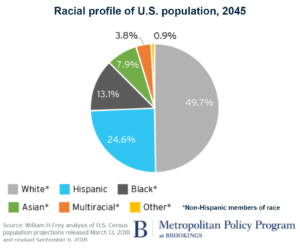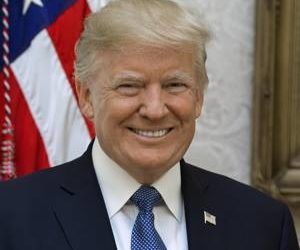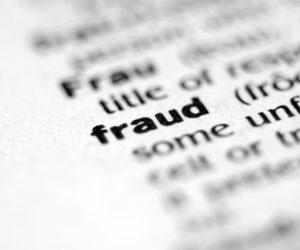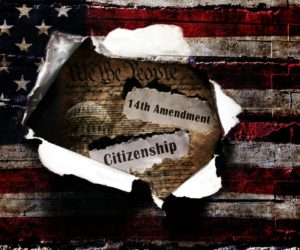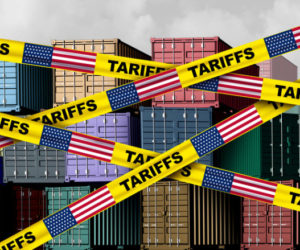A number of independent news sources and commentators have noted that many of the healthcare reform provisions in the proposed Congressional legislation might not become effective until 2013. If true, that would be extremely strange, illogical and politically dangerous for Democrats.
Republicans and other opponents of healthcare reforms have succeeded this year in frightening many in the voting public with the fear of the unknown, in fact many fabricated unknowns. That is why the support for reform has been decreasing steadily among all groups the longer healthcare is debated and nothing is enacted and actually put in place.
Even if the reforms are passed by the end of this year, having most of their provisions wait until 2013 for implementation would only provide critics and fear-mongers additional ammunition for the 2010 and 2012 elections. They would simply manipulate and enrage some of the voting public against what may be hiding inside the new laws, and thus electorally punish Democrats for fears and illusions, not on the basis of facts or reality.
Tactically and politically, Democrats should pass healthcare reforms that are all effective on January 1st, 2010. Then after 10 months of being in effect and slowly undergoing nationwide implementation, the voting public would see the benefits (and some inadequacies) with the reforms. Then the electorate would be able to vote in the November Midterm elections on the basis of facts, not fears or fantasies.
If the proposed healthcare reforms are so beneficial for our society, then why wait? When Republicans and President Bush enacted the Prescription Drug Benefit for Medicare, it was passed quickly and was in place before the upcoming national elections.
If no death panels are in place, if most people’s existing healthcare remains in force, if people without insurance can afford to buy some worthwhile private or public health insurance coverage on the open market, and if the country is still a functioning republic with a capitalist system, then the chances the Democrats will do well in the next 2 election cycles are greatly increased. Most of the current anger and fear would be dissipated over the first 10 months of 2010 if people notice that some things in our healthcare system improved and nothing as terrible as was predicted by the opposition occurred as a result of enacting healthcare reform.
In fact, by the end of 2010 or even before 2012, it may become likely that additional reforms might be needed. The sooner some reforms are implemented, the sooner we can begin to judge their effectiveness and what else needs to be addressed to make the entire system better for individuals, businesses, and government. Healthcare reform should be a viewed as a process, not a one-time event despite our extreme short attention spans brought on by the 24/7 info-entertainment cycle.
Psychological study after study indicates people are more afraid of the unknown than any bad aspects of reality. That fear also drives the financial markets, individual and business decisions, and voters at the polls. What political, social or economic purposes are furthered by perpetuating healthcare unknowns and fears until 2013? What are the tens of millions of uninsured people supposed to do until 2013? Just wait and hope not to get sick? How many more years must Americans and our private businesses wait for healthcare reforms? That result would be short-sighted, mean-spirited, and pointless if there is a real need to garner political and social benefits for the next 2 election cycles. Putting off the effective dates of most healthcare reforms would be similar to giving a starving dog a rubber bone.
Perhaps some of the fear of immediate implementation may be a likely increase in federal deficits. Anytime public benefits are increased without raising taxes, deficits will increase. Raising some taxes after the economy is recovering and people are working can be postponed until 2013, but getting the economy growing again and reforming healthcare cannot wait.
Even the Chinese and other major economic world powers understand the validity of this basic Keynesian economic policy of short-term deficit spending during a major recession. They are patiently holding onto their vast dollar reserves to essentially prop up our economy and that will eventually spur a global economic recovery. Fear of rising interest rates cutting off private borrowing is just something we have to deal with after 2013, but not in 2010.
Voters will not make electoral decisions in November 2010 based upon the size of the federal deficit. Instead the election will be based upon their personal economic circumstances and whether the bases for both parties are energized enough to come out in sufficient numbers. The next 2 national elections will be decided on how many people still fear various unknowns, and most importantly, whether unemployment is lessening or worsening. Reports in October 2010 that overall job creation and new business activity are still stagnating will not be positive factors for Democrats in the Midterm elections.
Democrats must make every effort to get unemployment to a state where it is slowly decreasing and new jobs are slowly increasing by November 2010. Merely having the President and his Administration tell everyone that this deep recession will continue to see more job losses is a rather lame approach. Most people would naturally ask “So what are you going to do about it?”
Democrats should pass healthcare this year effective early 2010 and then move promptly to passing by March 2010 climate change legislation including encouraging renewable energy technologies, and a new transportation bill. These legislative initiatives should also be designed as additional economic stimulus packages and they should provide more needed job-creation projects. The slow, persistent, jobless recovery of the American economy indicates the need for millions of new jobs to replace many that have been forever lost to foreign outsourcing and technological changes.
By delaying most healthcare reforms until 2013, Democrats would be left with just making excuses and trying to ally fears of the unknown, rather than pointing to any of their accomplishments. That would be the worst possible outcome for any party and a recipe for big political losses in 2010.
The real losers would be the American people who can little afford a stagnant economy and further erosions of income and wealth for years to come while other major economic powers show the necessary political will to meet the challenges of the 21st Century. The collapses of the Roman, Spanish and British Empires provide many depressing parallels to our country’s current situation.
Submitted and posted on 10/04/09 by Marc Pascal in Phoenix, AZ.

